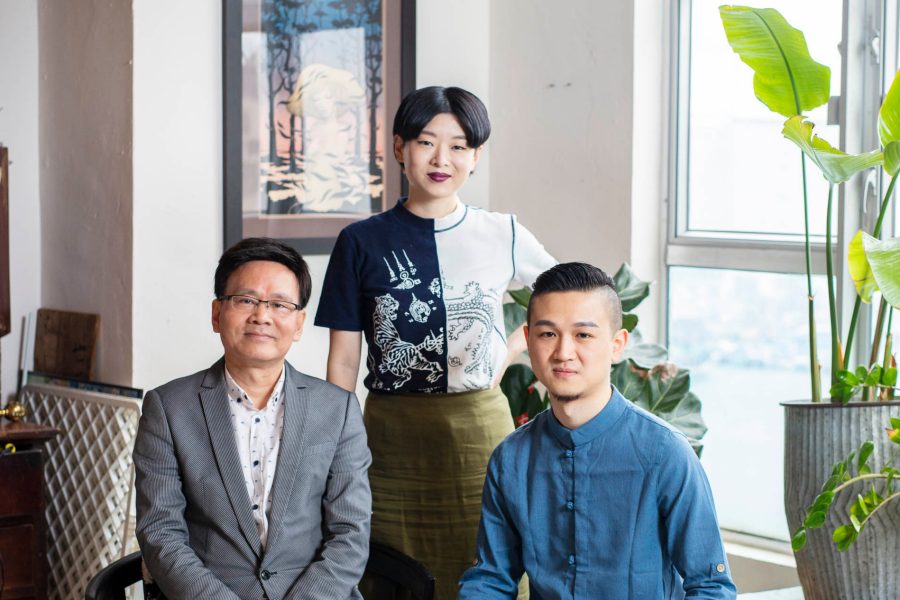Meet Hong Kong's feng shui masters

It’s the start of the year, which means you get to see ads on the MTR for red-coloured fortune handbooks claiming to predict your luck. These manuals reflect many Hongkongers’ devotion to fortune telling. They seek advice on almost all aspects of life, from what to avoid during the year to an auspicious name for a new baby to a lucky layout of furniture and plants for the home – a study referred to as feng shui. But who gets to be a feng shui expert?
Thierry Chow breaks the mould of the image normally associated with feng shui masters. She stands out for her youth and stylishness, and even her practice is different: she’s more like an interior designer who incorporates feng shui. ‘People use feng shui to improve their living spaces, and practitioners generally only make suggestions such as where to sleep or where to study, but I consider the overall environment from a design perspective,’ she says.
While Chow uses social media to draw new clients, her father, Chow Hon-ming, relies on word of mouth and a reputation built over four decades of professional experience. He says the scene has shifted greatly over the years in terms of how one qualifies to be a feng shui expert. ‘In the ’80s, we followed our shifu (master) around as an apprentice,’ he recalls. ‘But now there are training courses. People sign up, get a certificate, then off they go as a feng shui master. There is no guarantee to how qualified they are. I think the city has more than 10,000 so-called feng shui consultants out there, and only a few hundred of them are certified. In our time, there were fewer than 20 of us.’
Although part of the young generation of feng shui experts, Key got traditional training as an apprentice and was influenced by his mother, who is a fuji (planchette writing) specialist in a Taoist temple. He stresses the solitary nature of his job. ‘We experts are usually self-employed, so we spend a lot of time alone and tend to socialise mainly with other people in the business,’ he says. ‘Most feng shui masters are introverted, so it doesn’t surprise me that we don’t have some kind of trade association.’
Hong Kong travel information
- China – the Chinese Mainland, Hong Kong SAR, Macao SAR and Taiwan Region
- Hong Kong SAR - English
- Chinese Mainland (China) - English
- Taiwan, China - English
- 香港特別行政區 - 繁體中文
- 中国內地 - 简体中文
- 中國台灣 - 繁體中文
- Africa
- South Africa - English
- Asia
- Bangladesh - English
- Korea - English
- Singapore - English
- Cambodia - English
- 한국 - 한국어
- Sri Lanka - English
- India - English
- Malaysia - English
- Thailand - English
- Indonesia - English
- Maldives - English
- ประเทศไทย - ภา��ษาไทย
- Indonesia - Bahasa Indonesia
- Myanmar - English
- Vietnam - English
- Japan - English
- Nepal - English
- Việt Nam - tiếng Việt
- 日本 - 日本語
- Philippines - English
- Australasia
- Australia - English
- New Zealand - English